Rowdy protests aren't violence — yet
If every disagreement is a potential threat, politics becomes impossible
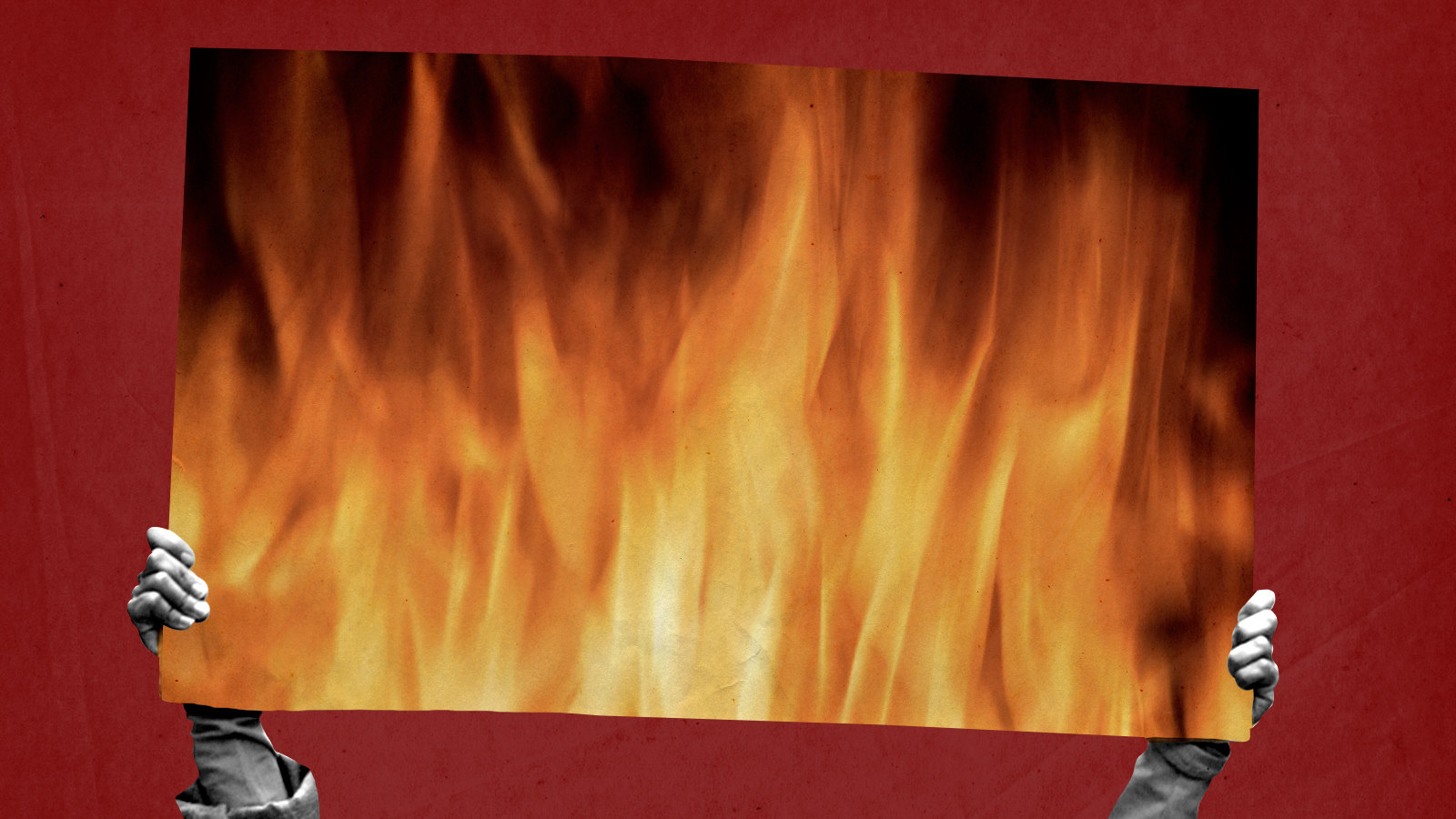

What do you call it when enraged citizens surround a public official walking to his hotel? Or follow her into the bathroom brandishing video cameras? Or chant slogans outside his house? Or disrupt official proceedings and heckle speakers?
Your answer may have a lot to do with your opinion of the targets — and the party or principles they represent. If you like them, these actions are threats, harassment, and maybe even terrorism. If you don't, they're rare exceptions to "mostly" peaceful demonstrations, boisterous protests, or "what democracy looks like."
As polarization increasingly defines social identity and policy preferences alike, it's hard to find agreement on the boundary between protest and violence. If every disagreement is a potential threat, politics becomes impossible.
Subscribe to The Week
Escape your echo chamber. Get the facts behind the news, plus analysis from multiple perspectives.

Sign up for The Week's Free Newsletters
From our morning news briefing to a weekly Good News Newsletter, get the best of The Week delivered directly to your inbox.
From our morning news briefing to a weekly Good News Newsletter, get the best of The Week delivered directly to your inbox.
That's the context for the controversy over a Monday announcement by the Justice Department that U.S. Attorneys and the FBI will establish a taskforce to assess threats against education authorities and teachers. The initiative was reported with little comment in mainstream outlets. On social media, however, conservatives denounced it as an effort to criminalize dissent regarding public health mandates, explicit sex ed, and racial equity programs.
The dispute rests partly on conservatives' motivated misreading of the DOJ's words. Attorney General Merrick Garland's memo distinguishes between "spirited debates on public policy matters," which are protected by the First Amendment, and "threats of violence or efforts to intimidate individuals based on their views," which are not. Much of the online backlash ignored Garland's distinction.
But, in fairness to the right, that distinction wasn't made in the letter from the National Association of Schools Boards (NASB) which prompted the Justice Department announcement. The NASB suggested hate mail and rowdy meetings "could be the equivalent to a form of domestic terrorism and hate crimes," and the letter focused more on non-violent disruptions and obnoxious but protected symbolic expression than on alleged assaults and specific threats. (The latter, though disturbing, seem more like local police matters than federal cases.) The NASB also dismissed widespread criticisms of Critical Race Theory — a buzzword for a range of instructional strategies and disciplinary policies — as "propaganda" and "misinformation." Even if that were accurate, neither is a crime, and Garland's memo should have made that point explicitly. With the Biden administration already under fire for pressuring social media platforms to remove anti-vaccine content, responding to the NASB letter without repudiating its calls for federal policing of speech looks like tacit agreement.
But you don't have to endorse the administration's policy or all the NASB's claims to see the risk here. A polity in which citizens accuse each of being racists, fascists, and so on is one nut away from a bloodbath. In 2017, a deranged leftist opened fire on Republican members of Congress and staffers holding baseball practice. Next time, it could be a school board debating mask or vaccine mandates.
You also don't have to be a Democrat to see it. Republicans and conservatives are hostile to federal scrutiny of threatening and potentially coordinated political activity now, but that hasn't always been true. When he was mobbed outside White House in 2020, Sen. Rand Paul (R-Ky.) called for an FBI investigation of anti-Trump protestors. Paul, who was present at the 2017 shooting and was later attacked by a neighbor, had good reason to be wary of angry crowds. He's not alone in that, and the reason doesn't disappear when the partisan inflection changes.
Even if the worst doesn't happen, the rising temperature of local politics poses a threat to civic health. Schools boards and other local bodies rely heavily on volunteers who receive little material compensation for their work. If this kind of service becomes more difficult or outright dangerous, people simply won't take the job. (In this respect, there's a different standard for professional politicians, who know they're signing up for some measure of abuse, and engaged citizens in minor offices.) Our decentralized system of government can't function in their absence.
As is so often the case, it's easier to identify the problem than to propose solutions. The most obvious answer is that prominent figures should be more explicit about the boundaries of acceptable dissent. The line between protest and violence blurred significantly last year when Democratic leaders minimized and sometimes justified riots ostensibly provoked by police violence. The subsequent adoption of more disruptive tactics by the right is partly an intentional imitation of practices that were widely excused when deployed by the left.
Appealing to politicians' morality, though, is like petitioning the wind. They constrain their own side only when it's to their own advantage, and a fiery pose and outrageous rhetoric are good for fundraising and media exposure. Why tone it down?
For all the peculiar features of U.S. politics, finally, the eroding boundary between protest and violence isn't just an American problem. On Monday night, British Conservative MP Iain Duncan Smith was attacked with a traffic cone by assailants chanting "Tory scum." When similar phenomena recur in different cultures and constitutional orders, the causes probably aren't local. In this case, social media likely play a role in hypercharging disagreements and encouraging performative behavior.
With stereotypically British stoicism, Smith insisted that "when something like this happens, you just carry on." That's an admirable attitude for a public servant in a free society. Contrary to the fashionable assumption, even very rude words are not violence. But sometimes speech prefigures deeds. Unless we're careful, we'll reach a point where just carrying on isn't an option.
A free daily email with the biggest news stories of the day – and the best features from TheWeek.com
Samuel Goldman is a national correspondent at TheWeek.com. He is also an associate professor of political science at George Washington University, where he is executive director of the John L. Loeb, Jr. Institute for Religious Freedom and director of the Politics & Values Program. He received his Ph.D. from Harvard and was a postdoctoral fellow in Religion, Ethics, & Politics at Princeton University. His books include God's Country: Christian Zionism in America (University of Pennsylvania Press, 2018) and After Nationalism (University of Pennsylvania Press, 2021). In addition to academic research, Goldman's writing has appeared in The New York Times, The Wall Street Journal, and many other publications.
-
 Jared and Ivanka's Albanian island
Jared and Ivanka's Albanian islandUnder The Radar The deal to develop Sazan has been met with widespread opposition
-
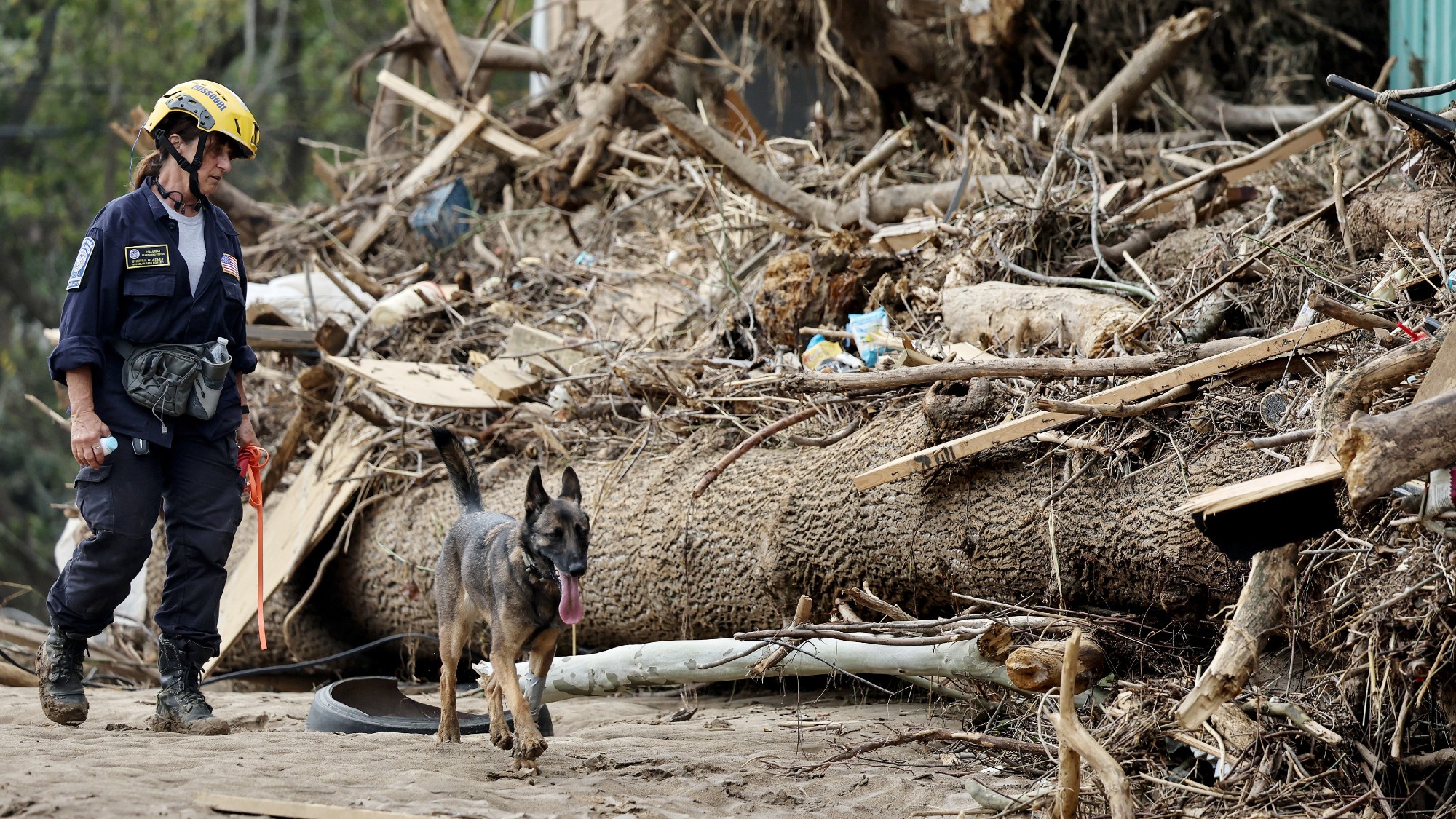 Storm warning
Storm warningFeature The U.S. is headed for an intense hurricane season. Will a shrunken FEMA and NOAA be able to respond?
-
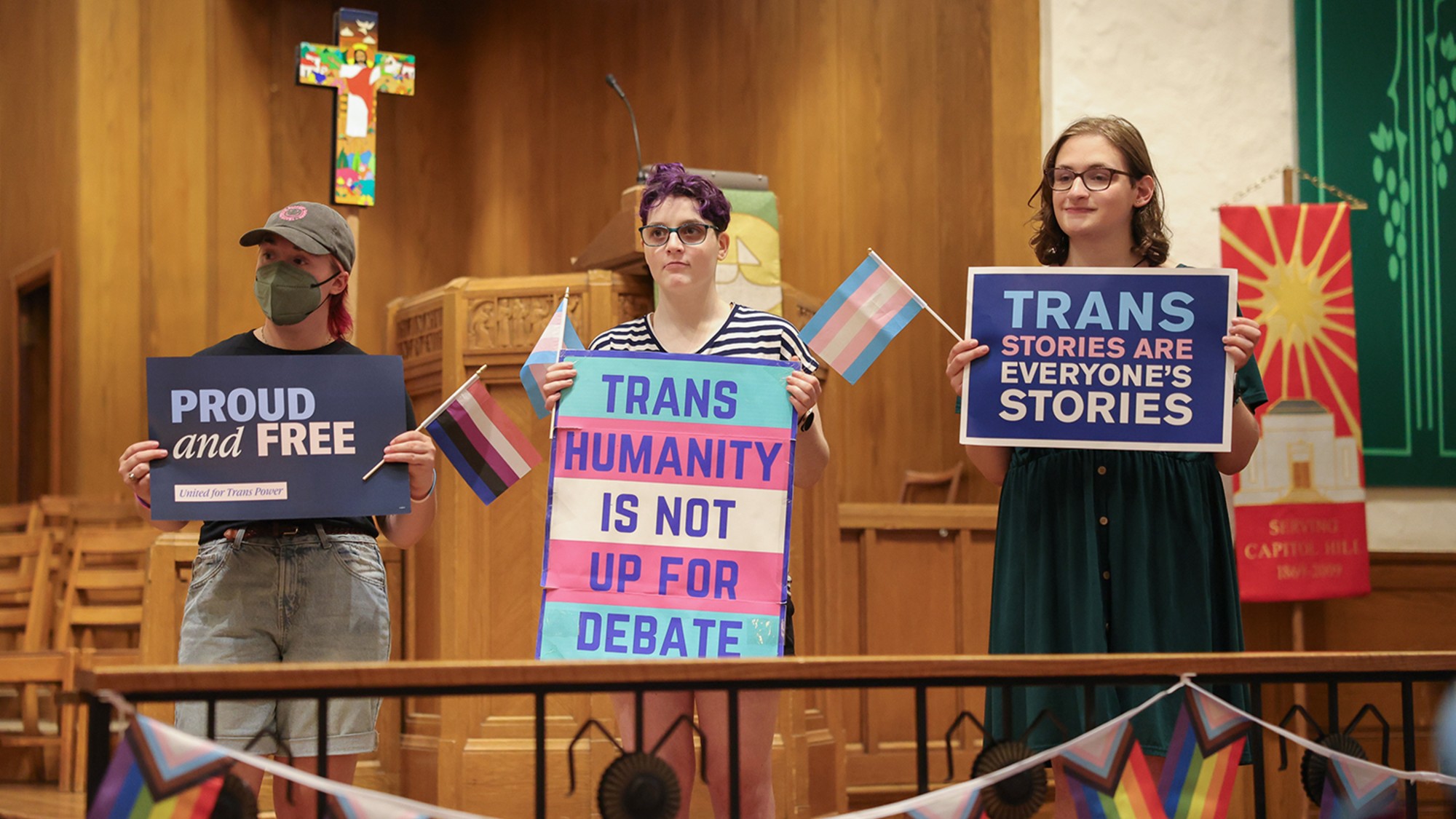 U.S. v. Skrmetti: Did the trans rights movement overreach?
U.S. v. Skrmetti: Did the trans rights movement overreach?Feature The Supreme Court upholds a Tennessee law that bans transgender care for minors, dealing a blow to trans rights
-
 One year after mass protests, why are Kenyans taking to the streets again?
One year after mass protests, why are Kenyans taking to the streets again?today's big question More than 60 protesters died during demonstrations in 2024
-
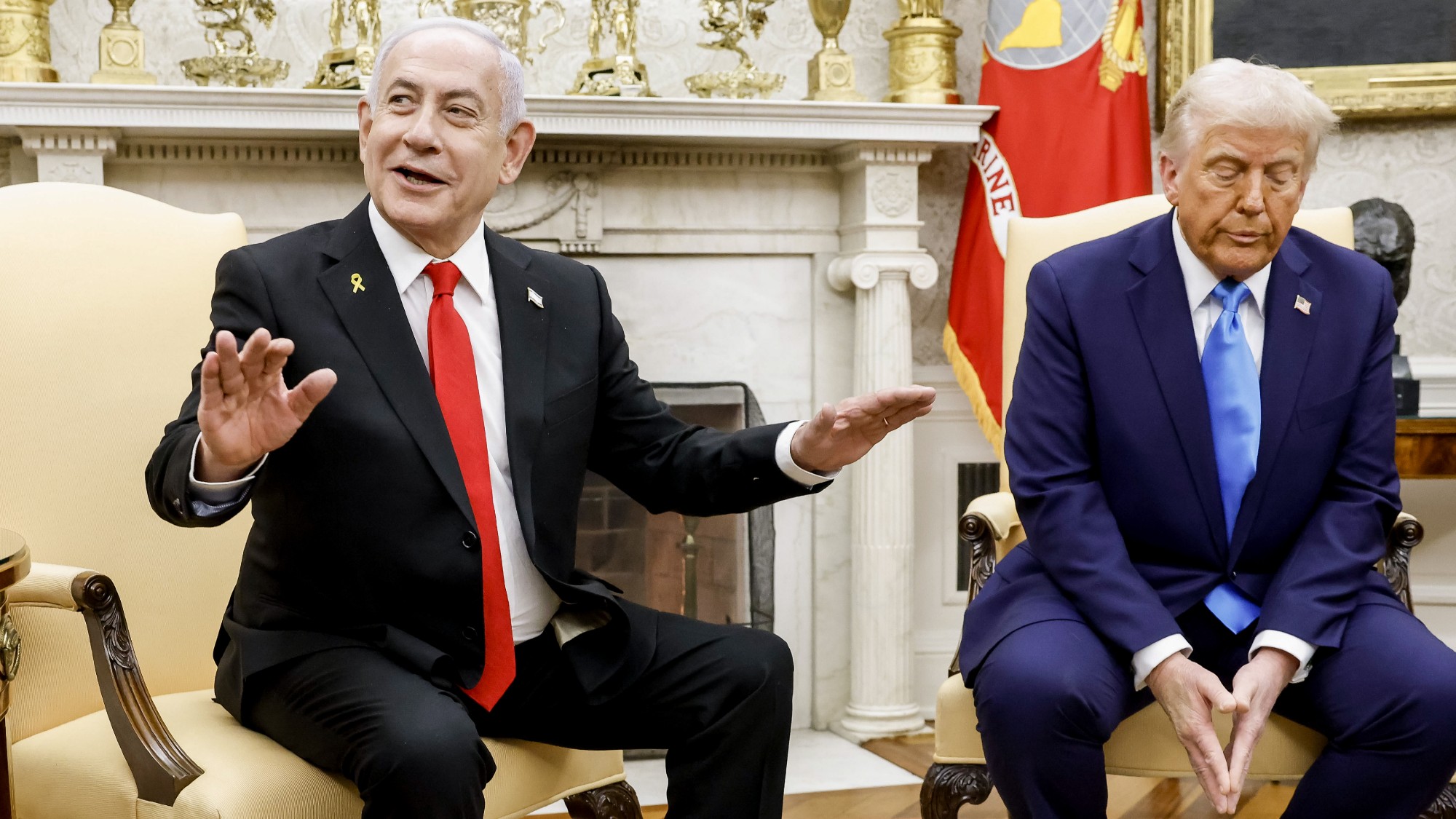 Israel-US 'rift': is Trump losing patience with Netanyahu?
Israel-US 'rift': is Trump losing patience with Netanyahu?Today's Big Question US president called for an end to Gaza war and negotiated directly with Hamas to return American hostage, amid rumours of strained relations
-
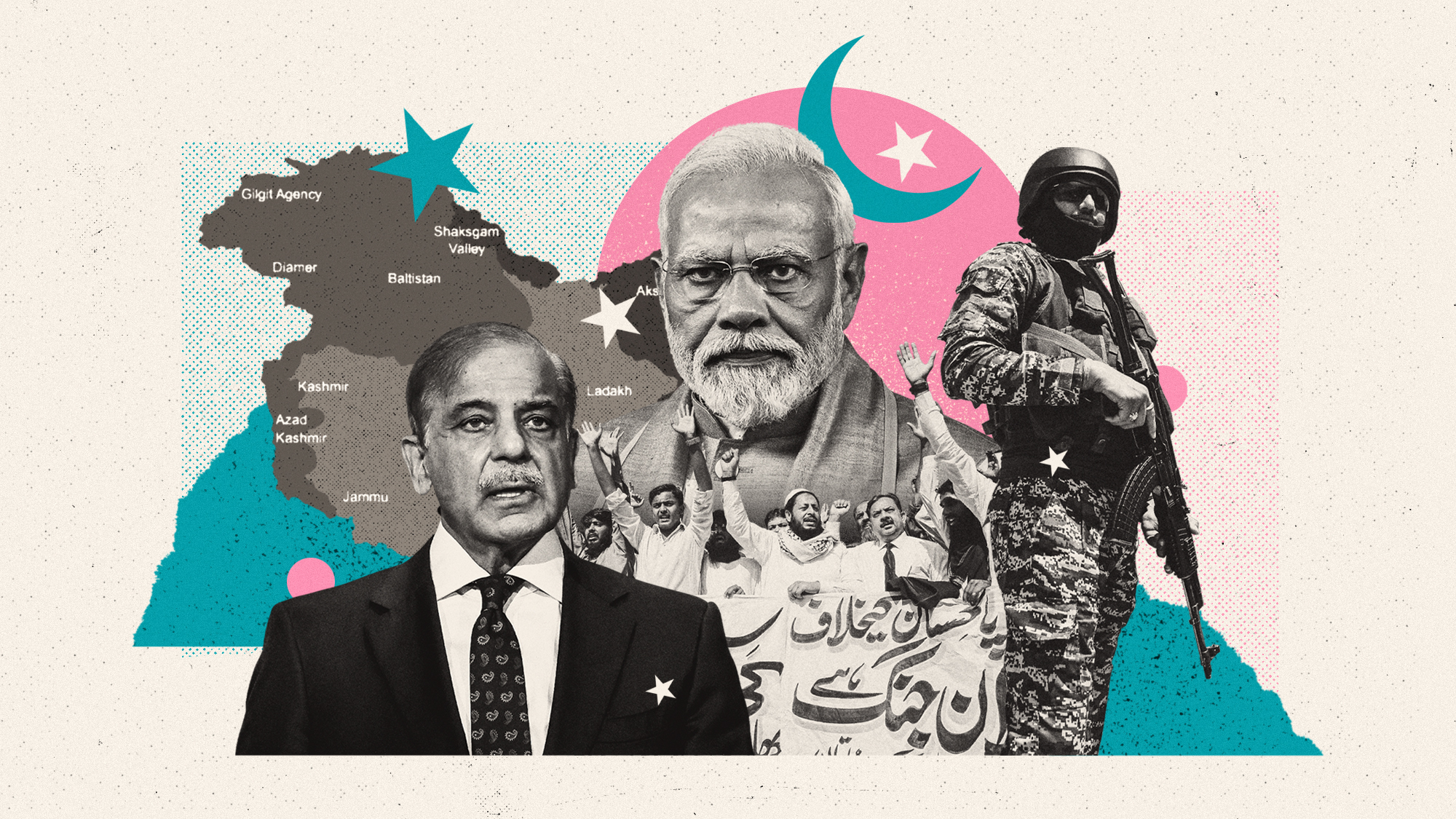 What happens if tensions between India and Pakistan boil over?
What happens if tensions between India and Pakistan boil over?TODAY'S BIG QUESTION As the two nuclear-armed neighbors rattle their sabers in the wake of a terrorist attack on the contested Kashmir region, experts worry that the worst might be yet to come
-
 Why Russia removed the Taliban's terrorist designation
Why Russia removed the Taliban's terrorist designationThe Explainer Russia had designated the Taliban as a terrorist group over 20 years ago
-
 Inside the Israel-Turkey geopolitical dance across Syria
Inside the Israel-Turkey geopolitical dance across SyriaTHE EXPLAINER As Syria struggles in the wake of the Assad regime's collapse, its neighbors are carefully coordinating to avoid potential military confrontations
-
 'Like a sound from hell': Serbia and sonic weapons
'Like a sound from hell': Serbia and sonic weaponsThe Explainer Half a million people sign petition alleging Serbian police used an illegal 'sound cannon' to disrupt anti-government protests
-
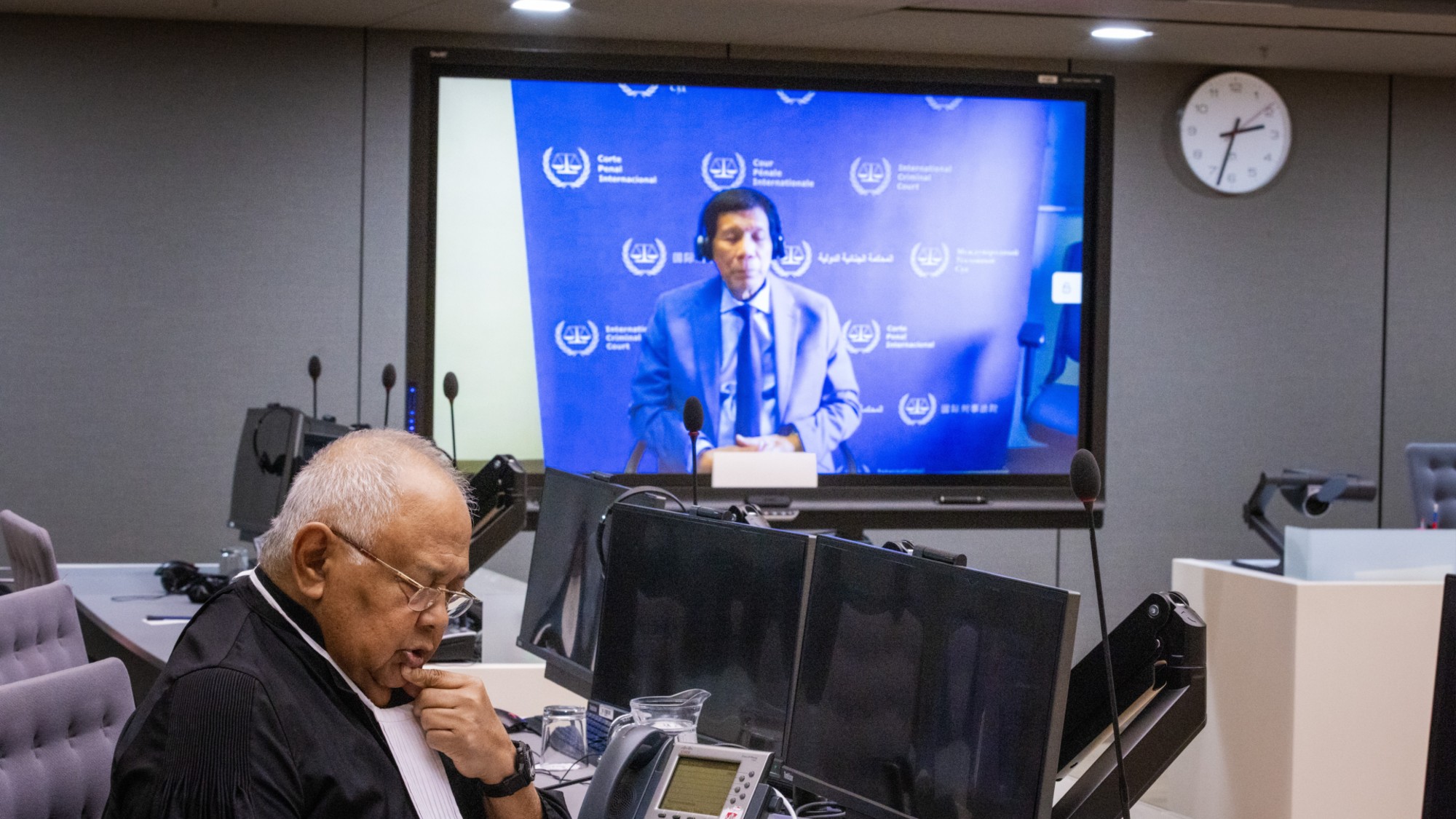 The arrest of the Philippines' former president leaves the country's drug war in disarray
The arrest of the Philippines' former president leaves the country's drug war in disarrayIn the Spotlight Rodrigo Duterte was arrested by the ICC earlier this month
-
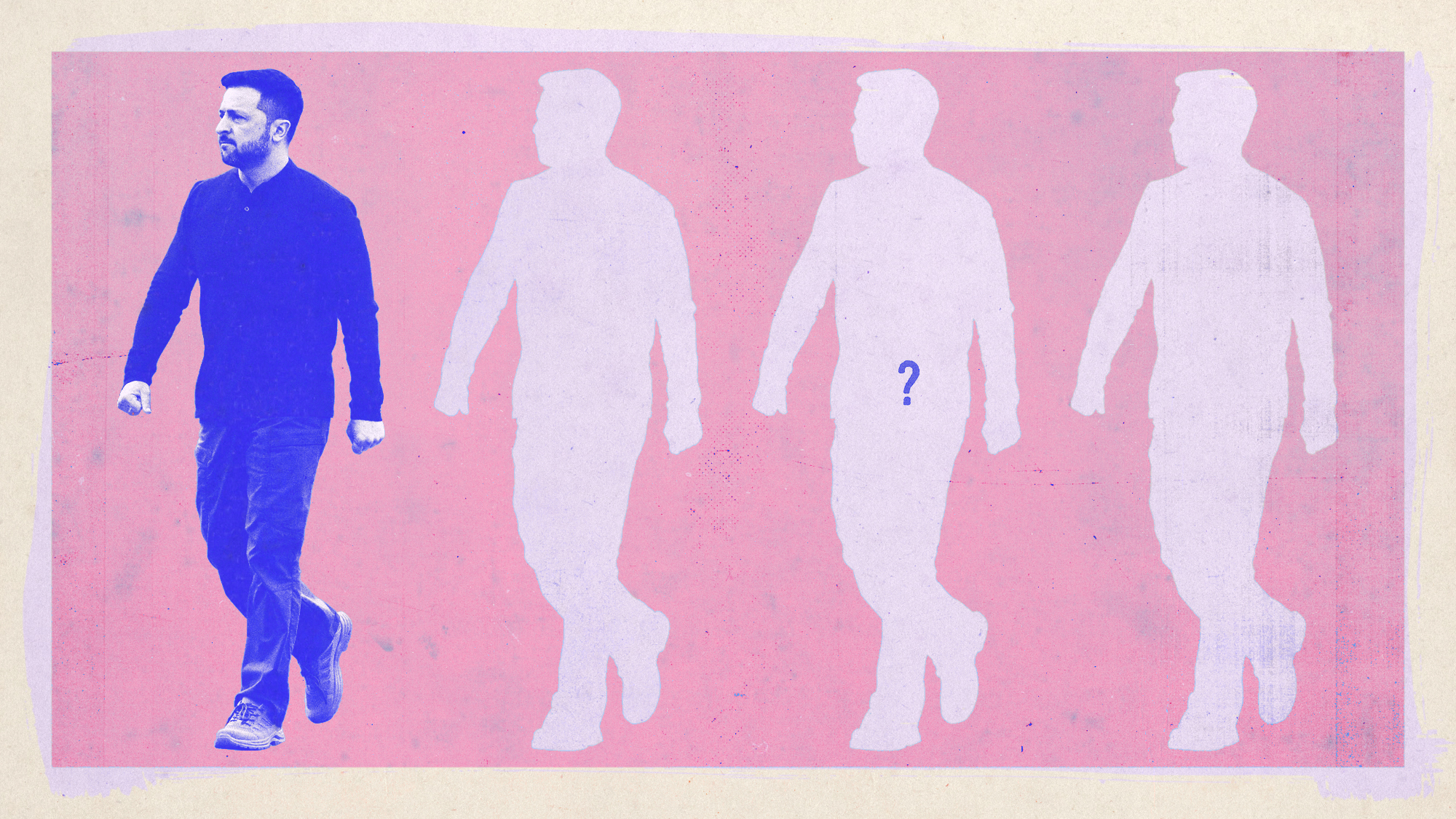 Ukrainian election: who could replace Zelenskyy?
Ukrainian election: who could replace Zelenskyy?The Explainer Donald Trump's 'dictator' jibe raises pressure on Ukraine to the polls while the country is under martial law
